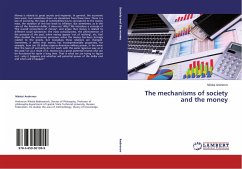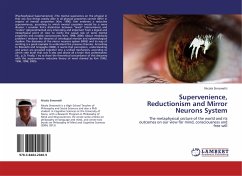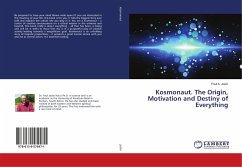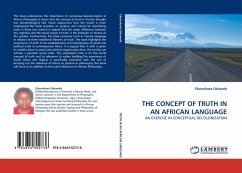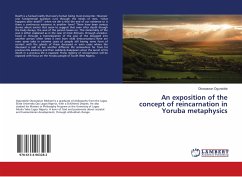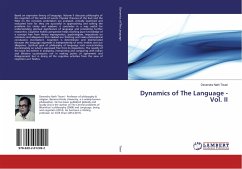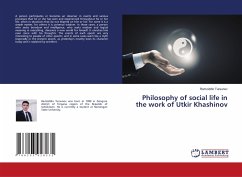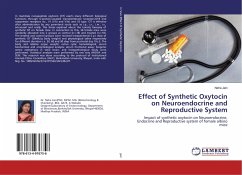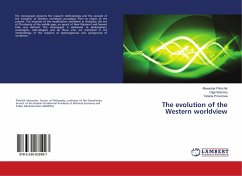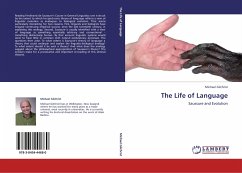
The Life of Language
Saussure and Evolution
Versandkostenfrei!
Versandfertig in 6-10 Tagen
45,99 €
inkl. MwSt.

PAYBACK Punkte
23 °P sammeln!
Reading Ferdinand de Saussure s Course in General Linguistics one is struck by the extent to which his synchronic theory of language reflects a view of linguistic evolution as analogous to biological evolution. That seems particularly interesting for two reasons. First, linguists and biologists have enjoyed continuing empirical success, since the late twentieth century, in exploiting this analogy. Second, Saussure is usually identified with a view of language as something essentially arbitrary and conventional something distinctively human. By that account linguistic systems would seem to have...
Reading Ferdinand de Saussure s Course in General Linguistics one is struck by the extent to which his synchronic theory of language reflects a view of linguistic evolution as analogous to biological evolution. That seems particularly interesting for two reasons. First, linguists and biologists have enjoyed continuing empirical success, since the late twentieth century, in exploiting this analogy. Second, Saussure is usually identified with a view of language as something essentially arbitrary and conventional something distinctively human. By that account linguistic systems would seem to have little in common with natural evolutionary processes. The questions then arise: To what extent is Saussure s theory of language a theory that could underpin and explain the linguistic-biological analogy? To what extent should it be such a theory? And what does the analogy suggest about the philosophical appropriation of Saussure s theory? The answers make for a provocative and important re-reading of this seminal theorist.



